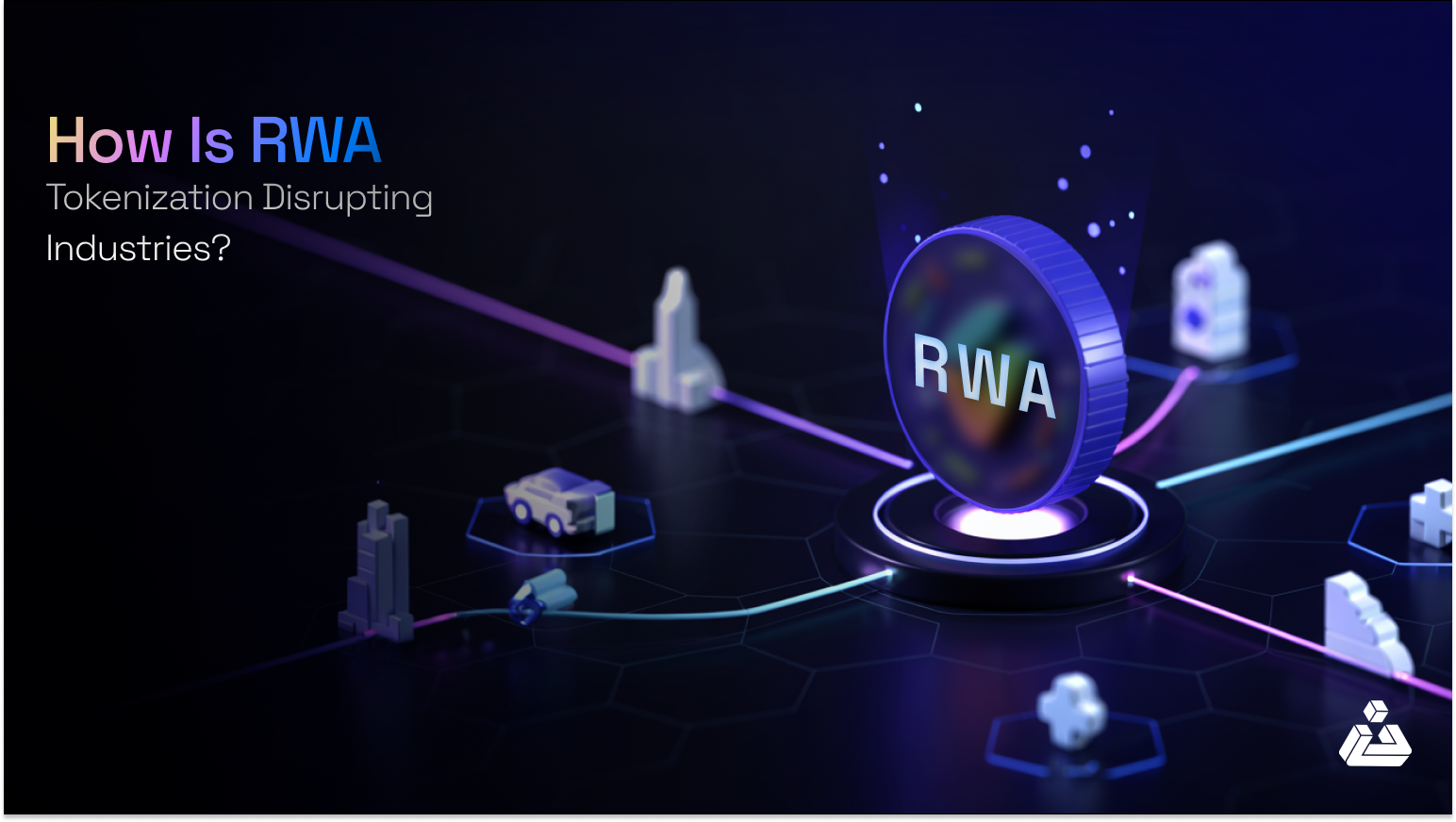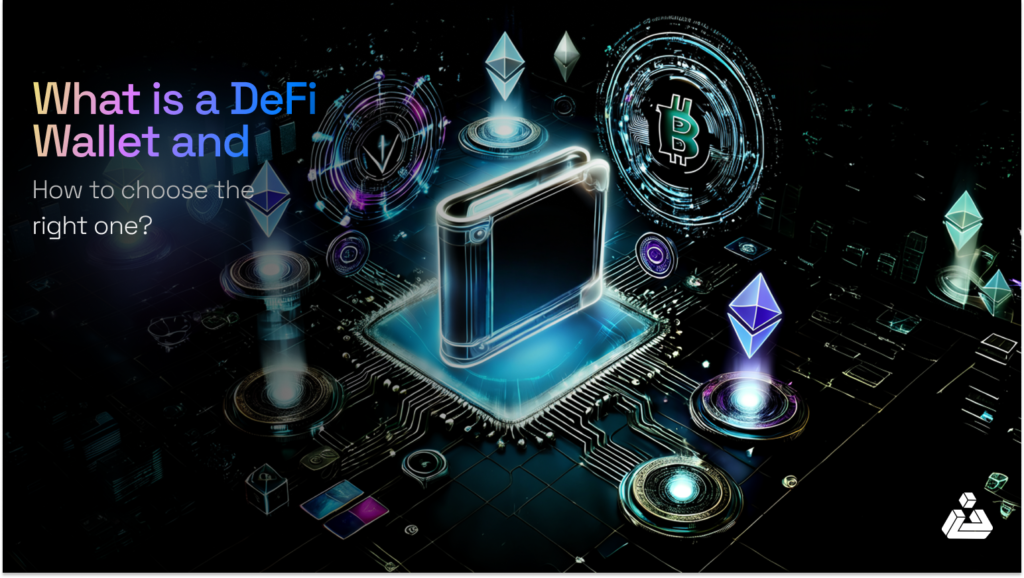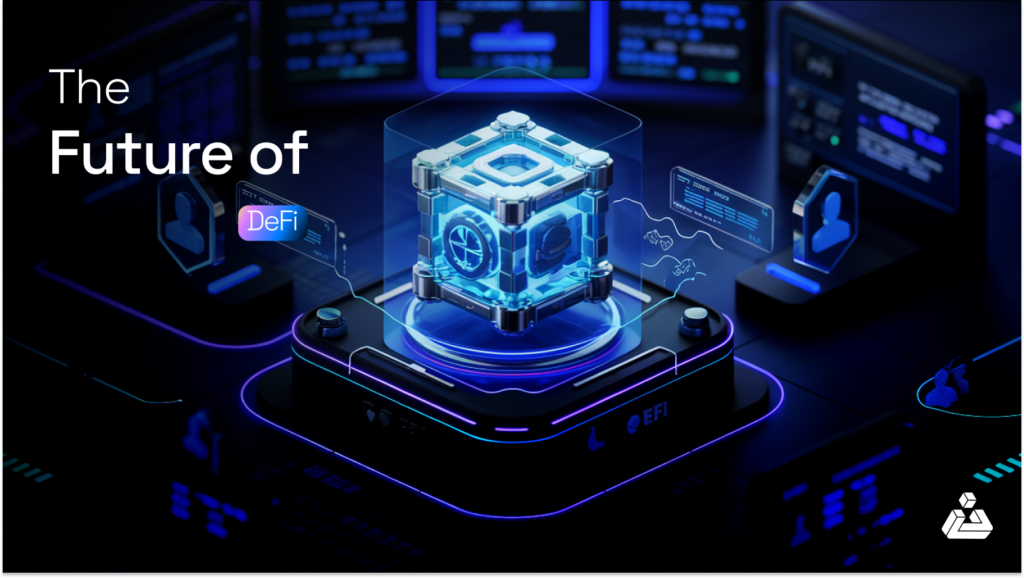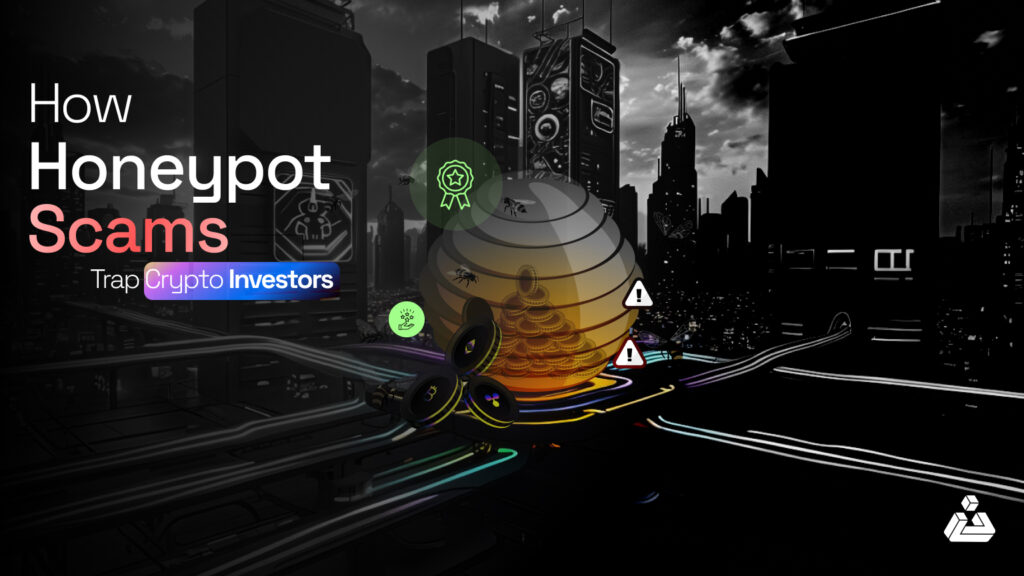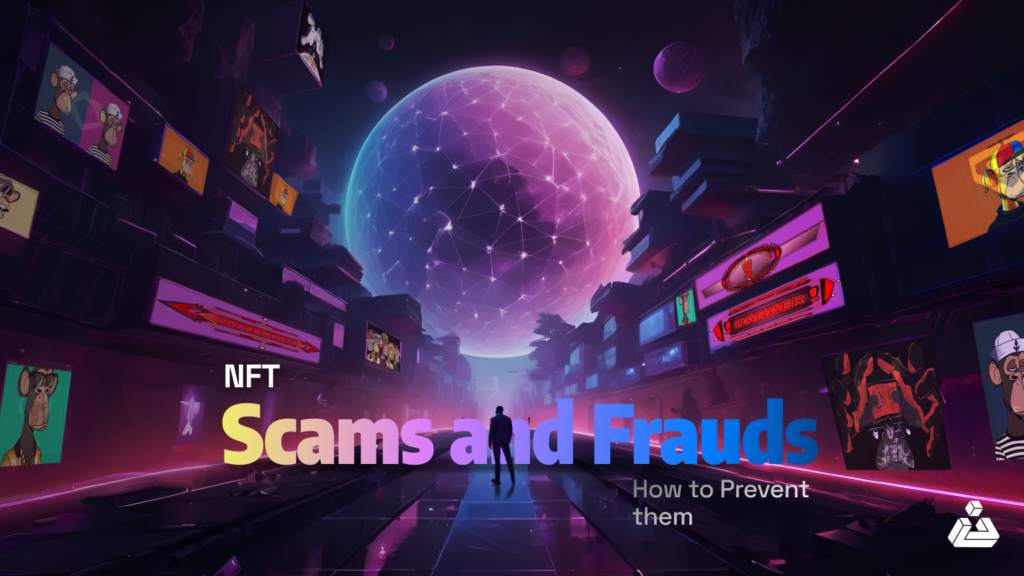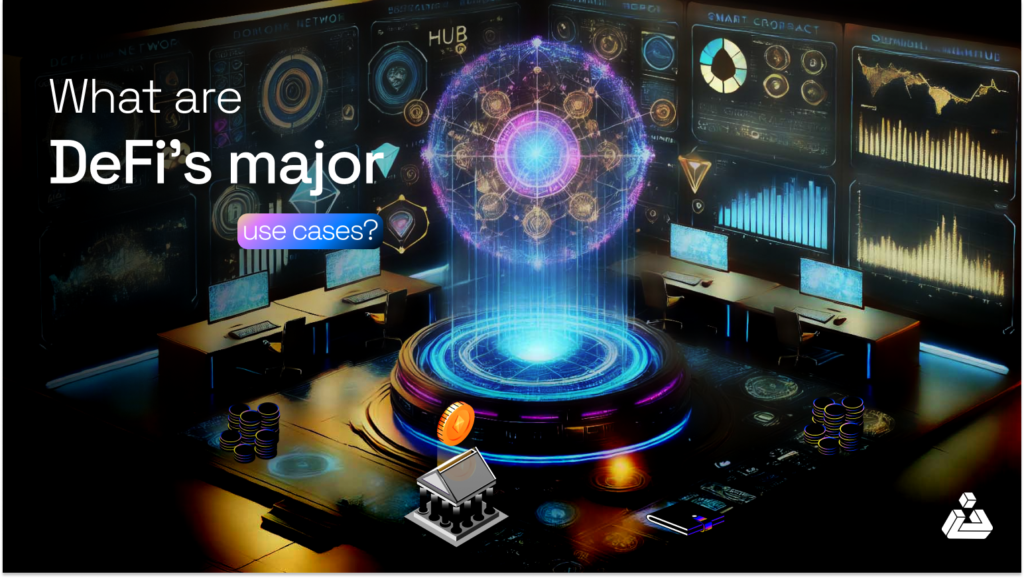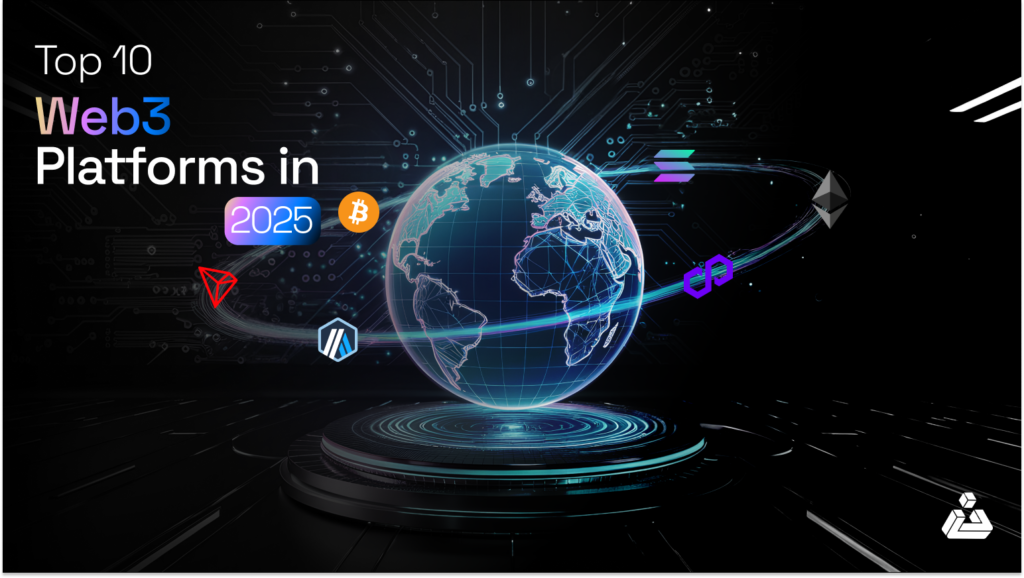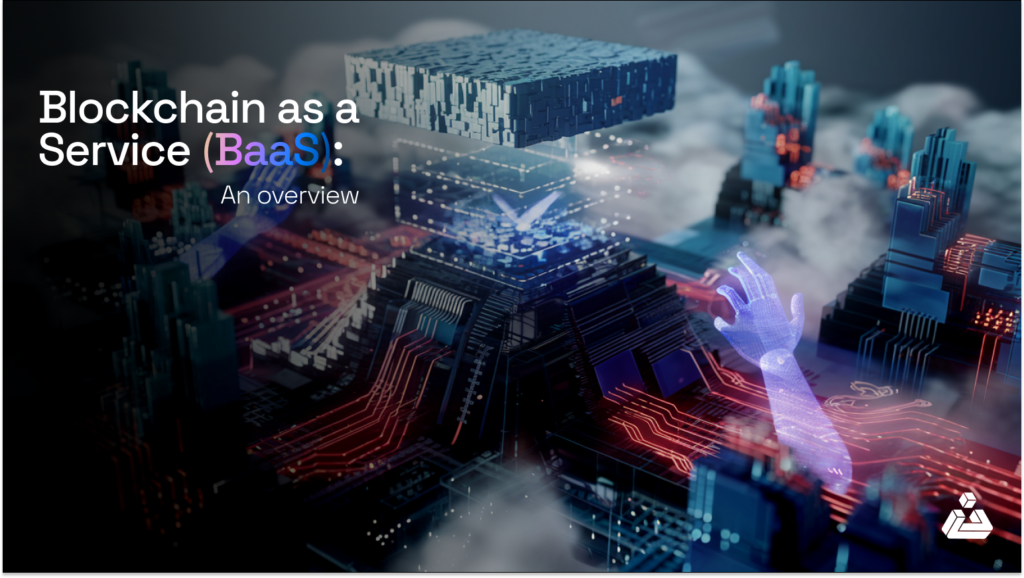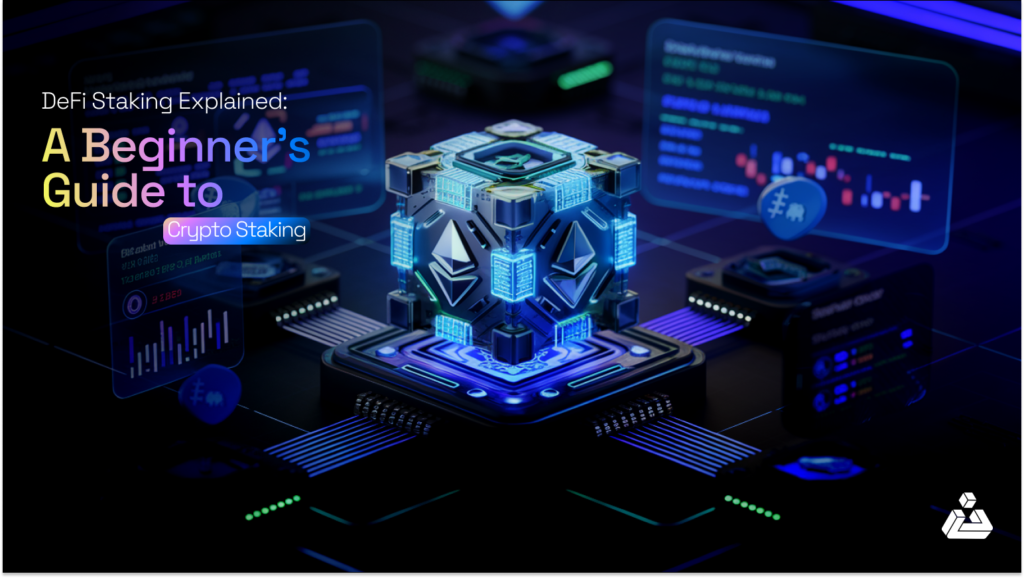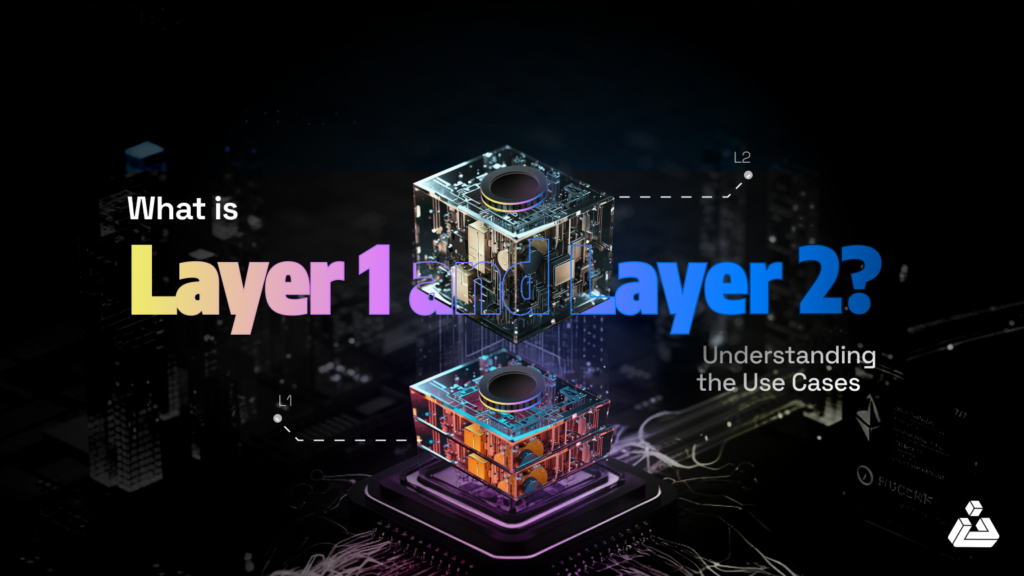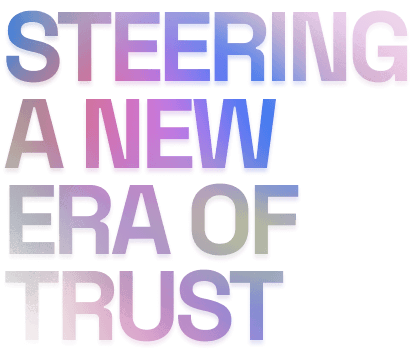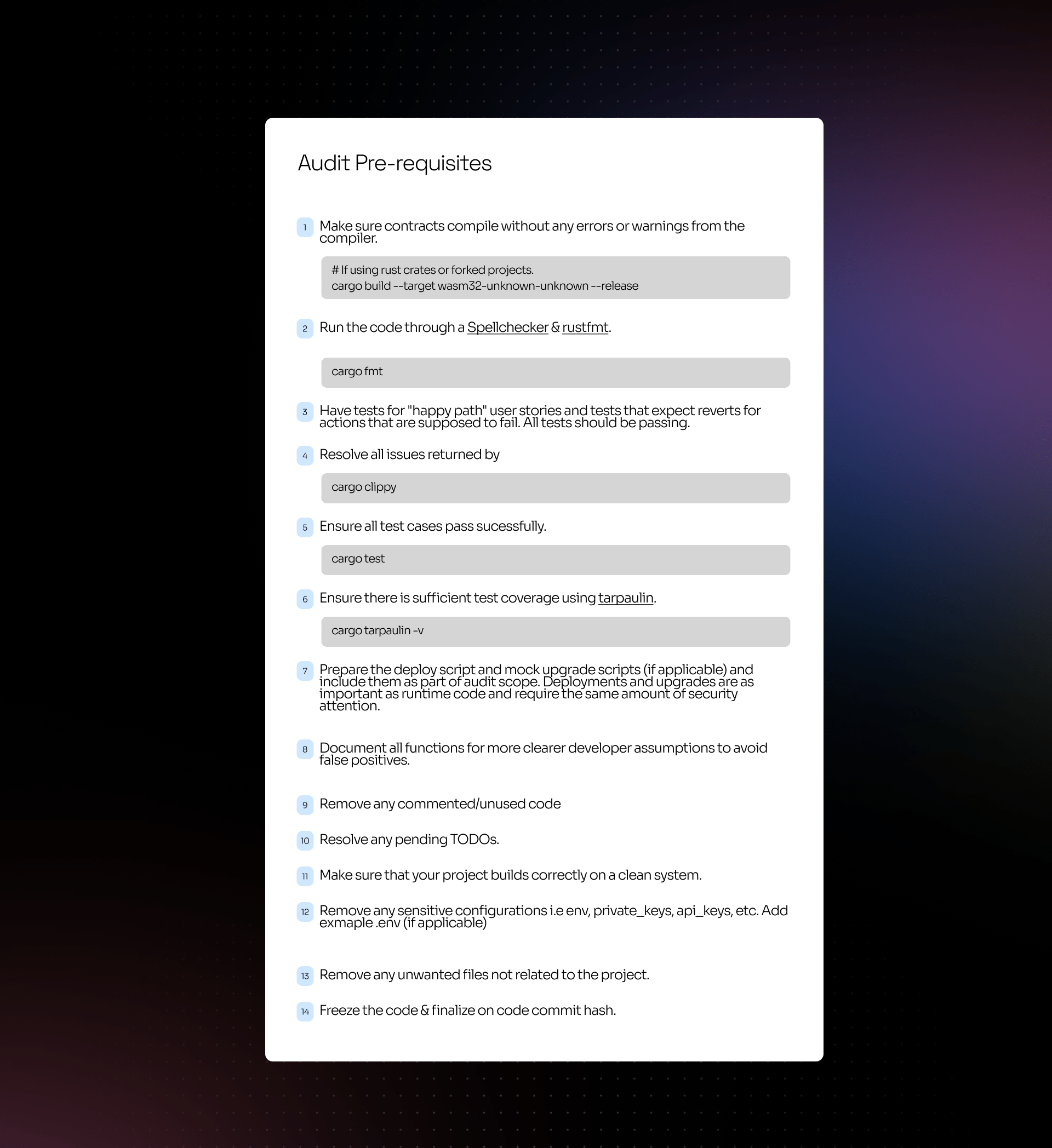What used to be regarded as a niche concept only known by the most die-hard tech enthusiasts, is now one of the most hyped-about notions of the near future. The metaverse has already been crowned as the successor to the internet we all know and love- implementing current online creations like social media, interactive games, and digital trading into an all-encompassing virtual reality. Some have even gone so far as to say that the metaverse has the potential to replace real life entirely.
At first glance, the concept of a virtual wonderland sounds revolutionary– providing humans with the chance to participate in immersive experiences that may never be possible for them in the real world. However, looking a little closer reveals several doubts about the consequences of such a creation. Is it even possible for the metaverse to function as a safe space? How much control will corporations operating in the metaverse end up having on their users? And, at the end of the day, can the creation of an idealistic artificial reality be morally justified?
Before we discuss the answers to these interesting questions, let us first try to understand the general concept behind the metaverse and what makes it so popular.
What Exactly Is The Metaverse?
The term “metaverse” is often linked to Neal Stephenson, who made use of the word in his 1992 dystopian science-fiction novel named Snow Crash. The book described the metaverse as an alternate virtual reality. Characters enter this reality as a way to escape the broken, destitute world around them. Though much more depressing than what current developers in the space have in mind, the preliminary concept of a virtual world functioning in parallel with our physical one is what drove this term to stick.
To further understand this, we can draw comparisons between the metaverse and the internet. Much like how widely different companies collaborate on building and marketing their services independently. They do so to reach the general public on the internet, many businesses, services, and technologies are working together to create the infrastructure of the metaverse.
The driving forces to achieve all this are currently stated to be AR/VR technology as well as products of the blockchain world such as NFTs and cryptocurrency– a natural choice given the decentralized nature of this technology and the purely digital ownership they provide.
Unleashing The Metaverse’s Potential
Though the end result of what exactly this new world will look like is still unclear, the bricks laying out its foundation have already started forming. Recently, the tech giant Facebook underwent a major rebrand– changing its name to Meta as a nod towards their newfound goal of participating in building the metaverse.
“We’ve gone from desktop to web to mobile; from text to photos to video. But this isn’t the end of the line. The next platform will be even more immersive- an embodied internet where you’re in the experience, not just looking at it. We call this the metaverse, and it will touch every product we build.”
–Mark Zuckerberg, CEO of Meta Platforms Inc.
However, social media companies aren’t the only ones interested in establishing their roots in this emerging space. Gaming platforms like Roblox and Fortnite are already attracting thousands of users everyday to participate in their shared virtual spaces. By taking a step further and wearing VR headsets and haptic suits, users are able to essentially become their online avatars- spending hours completing challenges, making digital trades, and even forming real-life friendships.
Unsurprisingly, experts anticipate that NFTs will also play a major role in the metaverse. Desirable items like digital land and avatar skins can take the form of non-fungible tokens, with the immutable blockchain recording their ownership. Since gamers highly value acquisitions and achievements within gaming environments, experts expect a considerable increase in these transactions. The result will be real-world value becoming associated with virtual investments, which will be a definite game-changer for the global economy.
Virtual Wonderland Or Capitalist Dystopia?
The benefits offered by the metaverse are expected to be ten-fold. An alternate reality existing entirely digitally can significantly decrease our dependency on Earth to fulfill our goals of innovation. Instead of spending hours traveling to a conference in a different country, you can attend as your avatar by simply clicking on a link- with the latter’s experience being almost identical to the former. These developments may also create new possibilities in education, entertainment, and earning, making accessibility to each much more equitable.
If all this were to become true, the metaverse would be no less than a virtual wonderland. Some critics, however, are not so optimistic, expressing doubts about its morality.
Understandably, security is one of the top concerns. There have already been instances of harassment taking place between avatars in gaming platforms like Roblox. A virtual world may increase already existing problems seen on the internet like hacking, catfishing, abuse, and hate speech. To make matters worse, any attempts to prevent this may result in the metaverse becoming a regulatory minefield- a situation that would create a whole new set of problems.
Privacy is also a major issue that experts expect to arise in the metaverse. Social media networks are already collecting huge amounts of information about users for increased advertisement targeting. Our interaction with these apps is currently limited to a screen. What would happen when the experience is much more immersive? Information related to eye movements, facial expressions, and hand gestures could also become easily recorded. The end result may be a much bigger problem of data security and by extension, one of increased manipulation and power of platforms as well.
Famed NSA whistleblower Edward Snowden has even gone on to say that he believes certain aspects of the metaverse to be “horrible, disgusting and tragic”, speaking of the platform’s innate goal of capitalizing on users’ desire to escape from reality. His perspective is shaped by the use of NFTs in gaming platforms of the would-be metaverse, creating a sense of exclusivity and scarcity of virtual land or objects in an already virtual world.
“We have people that are trying to [inject] an artificial sense of scarcity into a post-scarcity domain, I think the community should very much be trying to bend the arc of development away from injecting artificial, unnecessary scarcity entirely for the benefit of some investor class.”
–Edward Snowden, BlockDown 2021 Conference
The Bottom Line
As of now, it is difficult to determine whether the metaverse will be a place for good or evil. What we have in front of us are a lot of promises and wishful thinking, but very little practical implementation. At the end of the day, meaningful innovation with a clear purpose is what matters. Mindlessly contributing to a hyped phenomenon may sound exciting at first, but will only result in wasted time and resources. What we should really be focusing our efforts on is how to ensure a platform like the metaverse is as safe as possible for its future users. As for the benefits of the metaverse are concerned- only time will tell.
References
Clark, P. A. (2021, November 15). What is the metaverse? here’s why it matters. Time. Retrieved January 17, 2022, from https://time.com/6116826/what-is-the-metaverse/
Vindenes, J. (2021, December 8). Edward Snowden’s problem with the metaverse. Medium. Retrieved January 17, 2022, from https://medium.com/@VindenesJ/edward-snowdens-problem-with-the-metaverse-1d7e78ddf92
Also read :
Liquidity Challenges In Illiquid Marketplaces.
Blockchain Bridges: A Security Perspective






